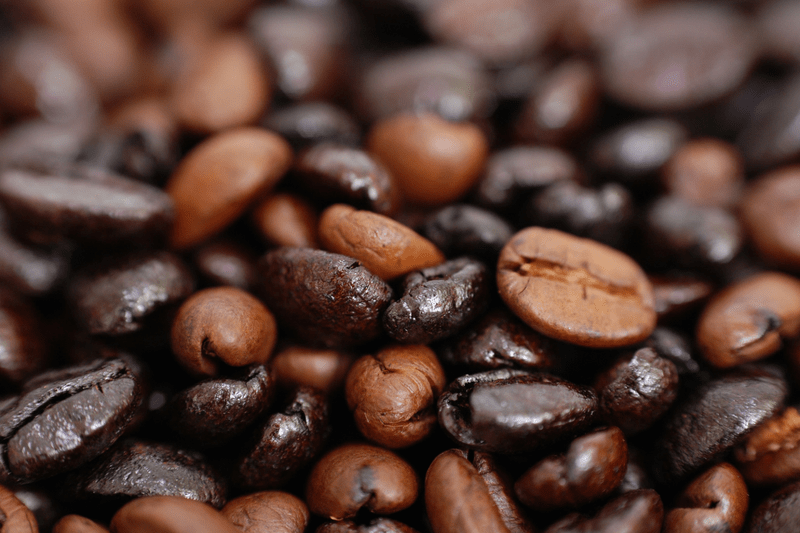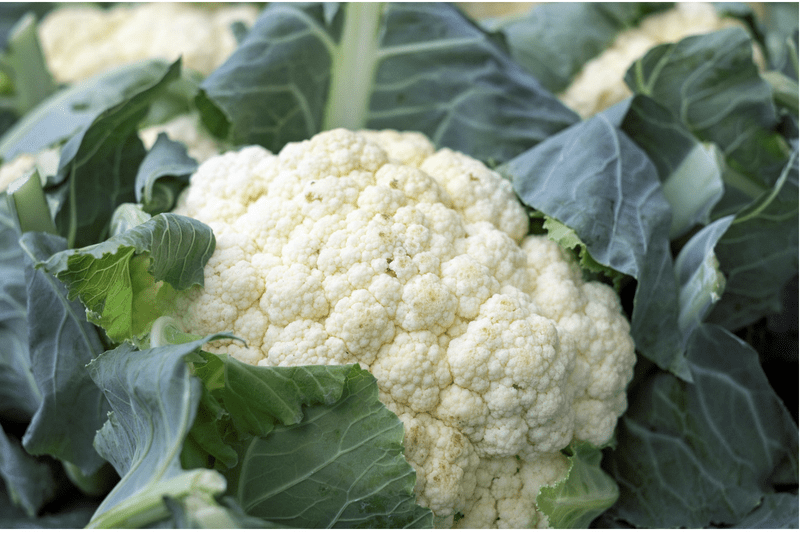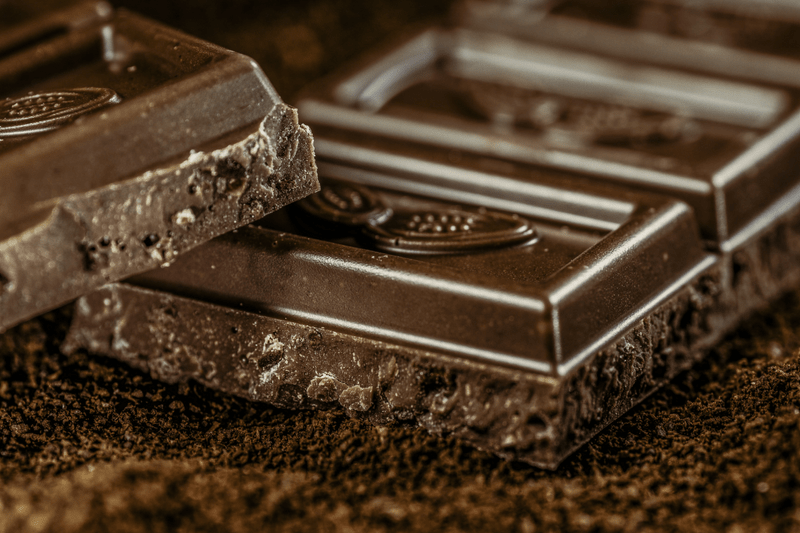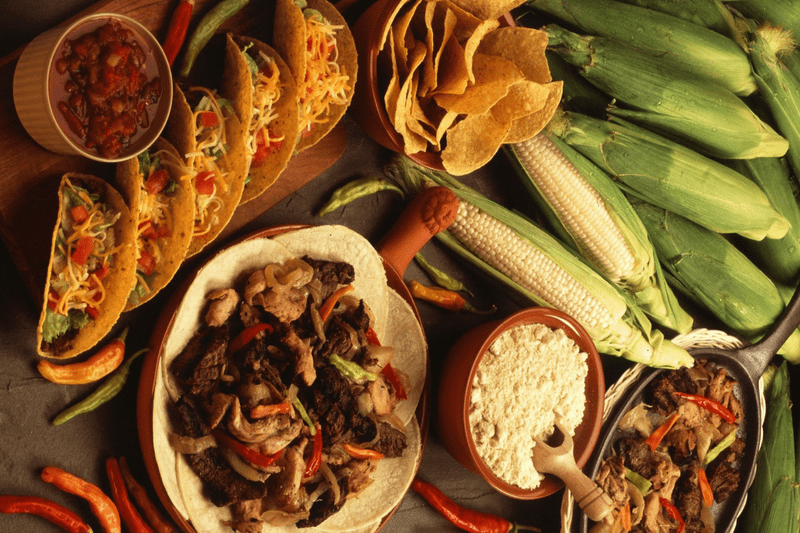Exclusive breastfeeding for 6 months is extremely beneficial for the baby and the mother. The baby is completely dependent on mother’s milk for energy and nutrition for the first 6 months of life.
After 6 months, breastfeeding is continued up to 2 years of age and complementary feeds are introduced as well.
Popular myths from different cultures, about the maternal diet during breastfeeding can become barriers to breastfeeding and lead to unnecessary dietary restrictions in lactating mothers.
The restricted diet may have a negative impact on the quality of life of a breastfeeding mother and discourage her from continuing exclusive breastfeeding, says a research.
Here are some popular breastfeeding myths from different parts of the world:
- Hispanic women are not allowed to eat pork, chili and tomatoes.
- Mothers in Korea are told to avoid spicy foods like Kimchi because such foods may cause colic, gas and diaper rashes in the breastfed infants.
- Women in Asia are suggested to avoid cold foods as they are not good for the mother and the infant.
Foods to Avoid during Breastfeeding
Lactating mothers should restrict or reduce intake of the following foods and beverages:
Caffeine

Caffeine
Excess caffeine intake should be avoided by breastfeeding mothers. A study found that consumption of caffeinated beverages by a lactating mother causes the transfer of caffeine to the breast milk.
However, the modest caffeine intake by the mother has no negative effects on the infant. The amount of caffeine transferred to the breast milk is usually less than 1% of the amount consumed by the mother. Hence, a lactating mother can safely consume up to 2-3 cups of coffee per day because with such intake no caffeine has been detected in an infant’s urine.
But, if the intake of caffeine is more than 5 cups of coffee (750 ml) per day by a lactating mother, caffeine could begin to accumulate in the infant’s system and cause symptoms of caffeine stimulation. These symptoms include:
- Anxiety.
- Rapid heart rate.
- High blood pressure.
- Frequent urination in infants.
- Digestive or gut issues like loose stools, diarrhea and abdominal cramps in infants due to gas formation.
- Insomnia, where the infants cry continuously because of lack of sleep or inability to sleep.
Sources of caffeine include:
- Tea
- Coffee
- Soft drinks
Note: It is suggested that breastfeeding mothers should eliminate soft drinks and aerated drinks from their diet because it can weaken their bones and the high sugar content can further lead to unwanted weight gain.
Gas Causing Foods

Cauliflower
If you have a colicky baby, you should avoid taking foods that can produce gas. Such foods include cruciferous vegetables like cauliflower, broccoli and cabbage.
Lactating mothers can first try eating a small amount of these cruciferous vegetables. If there is no colic or pain, that is, if the baby does not cry after being breastfed, the mother can go ahead with these vegetables.
However, each case is different. Therefore, it is advised to start with a small amount of cruciferous vegetables first.
Alcohol

Alcohol
The harmful effects of drinking alcohol during pregnancy are very well-know. Studies suggest that alcohol intake during lactation must also be discouraged.
Nursing mothers must refrain from having alcohol because it inhibits the milk ejection reflex. It also causes a temporary decrease in the milk yield. Alcohol inhibits oxytocin, a hormone that causes contraction of smooth muscle cells surrounding the mammary tissue.
Hence, women must completely avoid alcohol intake until they no longer breastfeed or at least avoid breastfeeding in the hours immediately after drinking alcohol.
Breastfeeding mothers should delay nursing their children until the alcohol is eliminated from the milk. Besides this, women can plan ahead, pump out and store the milk before drinking alcohol.
An interesting study found that women who consumed more than 2 standard alcohol drinks daily were twice as likely to discontinue breastfeeding after 6 months as compared to women who consumed a smaller amount of alcohol.
Alcohol freely passes into the breast milk, which can cause small changes in the infant’s sleep patterns. Lactating women who consume a high amount of alcohol can decrease the psychomotor development in children.
Hence, women must follow the saying ‘better safe than sorry’ and completely avoid alcohol intake during pregnancy as well as breastfeeding.
Artificial Sweeteners
The commonly consumed artificial or non-nutritive sweeteners include:
- Saccharin
- Sucralose
- Aspartame
- Acesulfame-potassium
Many lactating mothers who want to shed their post-pregnancy weight opt for artificial sweeteners, but the high chemical content of these sweeteners makes them unsafe for the infant.
Saccharin, sucralose and acesulfame-potassium are the non-nutritive sweeteners, which can enter the human breast milk. Early exposure to these sweeteners has an influence on the gut microbiome and on the future dietary patterns and food choices because taste preferences are shaped early in life.
Animal studies have observed that the preference for caloric sweeteners and non-nutritive sweeteners were high in adulthood when they were exposed to these sweeteners through breastfeeding.
Furthermore, exposure of artificial sweeteners during lactation promotes the development of metabolic abnormalities and obesity.
Besides this, a study found that consumption of artificial sweeteners can alter the healthy bacteria in the gut and disturb the normal functioning of the gut. Hence, exposure to artificial sweeteners through breast milk may alter infant gut microbiota, which can further have an impact on the immune system, metabolism and obesity.
Foods containing artificial sweeteners include:
- Sugar free or diet soft drinks and juices.
- Jellies
- Chewing gums
- Ice cream
- Yogurt
- Candies
- Products labeled as ‘reduced sugar’.
Cigarette Smoking

Cigarette Smoking
Women should be encouraged to stop cigarette smoking during lactation. Maternal cigarette smoking can cause transfer of harmful components of cigarettes via breast milk, these include:
- Cyanide
- Arsenic
- Ammonia
- Lead
- Benzene
- Formaldehyde
- Hydrogen
- Carbon monoxide
- Carbon dioxide
- Nicotine
- Aluminum
Maternal smoking reduces prolactin levels, a hormone that stimulates breast milk supply in lactating mothers. Such a drop in the prolactin levels reduces milk supply, alters the composition of breast milk and flavor. Poor milk supply leads to early weaning.
Maternal smoking causes secretion of nicotine into the breast milk, which can cause severe adverse effects in the newborn.
Nicotine is quickly absorbed by the intestine of the baby and it may accumulate in the tissues, causing vomiting and restlessness in the little one.
A study found that cotinine, a metabolite of nicotine, present in the urine of infants breastfed by smoking mothers was 10 times higher than that found in bottle-fed infants whose mothers smoked.
Research has further observed that maternal smoking can have an impact on the sleep and wake patterns of the breast-fed infants. The risk of childhood obesity is increased in infants, whose mothers smoke.
Because cigarette smoking during lactation has so many negative effects on the health of the baby, mothers must completely stop smoking during this phase.
Food Additives
Food additives are substances that are used to conserve or enhance the color and flavor of food without adding any nutritional value.
The consumption of foods containing food additives during pregnancy and lactation is not completely safe.
Current evidence suggests that these substances increase the risk of the development of diseases during the adult age. Methylmercury is a food additive excreted in the human milk, which can affect the structure and function of the central nervous system in the breastfed infants.
Here are some examples of foods that contain food additives:
- Ready-to-eat foods
- Packaged foods
- Sodas or aerated drinks
- Bread
- Packaged juices
- Canned fruits and vegetables
- Packaged chips
- Instant Soups
- Packaged sausages
Hence, shop foods that are natural and wholesome. Avoiding these early exposures may contribute to an important improvement of health conditions in humans.
Chocolate

Chocolate
Chocolate contains a substantial amount of theobromine, a substance that shares the same pharmacologic effects as caffeine. Over intake of chocolates by a lactating mother causes free flow of theobromine in the breast milk. This can affect the baby and cause:
- Stimulation of the central nervous system.
- Increased urine output.
- Rapid heart rate.
- Insomnia or inability to sleep.
A study has found that if women eat 4 ounces of a chocolate bar every 6 hours, the concentration of theobromine in the breast milk will increase. Nursing baby during this phase can expose the infant to approximately 10 milligrams of theobromine. This can have an impact on the health of the sensitive infants.
Hence, over intake of chocolates and cocoa products by the mother can affect the health of the infants who are on breast milk. However, a low to moderate consumption of chocolate will cause no harm to the mother as well as the baby.
Summary
Nursing mothers must eat wholesome and nutritious foods because whatever type of food they eat reaches their baby through the breast milk. Therefore, it is very important for them to consume a diet, which is rich in nutrients.
Besides this, mothers should depend more on natural and home-made foods rather than ready-to-eat or packaged foods that contain artificial colors, flavors and preservatives. Talk to a Registered Dietician about your diet and avoid unnecessary food restrictions but choose the right kind of foods.
References
- Goun Jeong, Sung Won Park, Sun Young Ko, Maternal Food Restrictions During Breastfeeding, Korean Journal of Pediatrics, Volume 3, 2017 (https://www.ncbi.nlm.nih.gov/pmc/articles/PMC5383635/)
- Maija Bruun Haastrup, Anton Pottegard, Alcohol And Breastfeeding, Basic and Clinical Pharmacology and Toxicology, Volume 114, 2014 (https://onlinelibrary.wiley.com/doi/abs/10.1111/bcpt.12149)
- Allison C Sylvetsky, Alexandra L Gardner, Jenny E Blau, Nonnutritive Sweeteners In Breast Milk, Journal of Toxicology and Environmental Health Part A, Volume 16, 2015 (https://www.ncbi.nlm.nih.gov/pmc/articles/PMC5583633/)
- Menella JA, Yourshaw LM, Breastfeeding and Smoking: Short-term Effects on Infant Feeding and Sleep, Pediatrics, Volume 3, 2007 (https://www.ncbi.nlm.nih.gov/pubmed/17766521)
- Candida Canicali Primo, Priscilla Boa F Ruela, Effects of Maternal Nicotine on Breastfeeding Infants, Revista Paulista de Pediatria, Volume 3, 2013 (https://www.ncbi.nlm.nih.gov/pmc/articles/PMC4182966/)
- Banderali G, Carmine V, Food Additives: Effects on Pregnancy and Lactation, Acta Bio-medica de LA’Ateneo Parmense, 2000 (https://www.ncbi.nlm.nih.gov/pubmed/11424812)
- Resman BH, Blumenthal P, Breast milk distribution of theobromine from chocolate, The Journal of Pediatrics, 1977 (https://www.ncbi.nlm.nih.gov/pubmed/894424)

